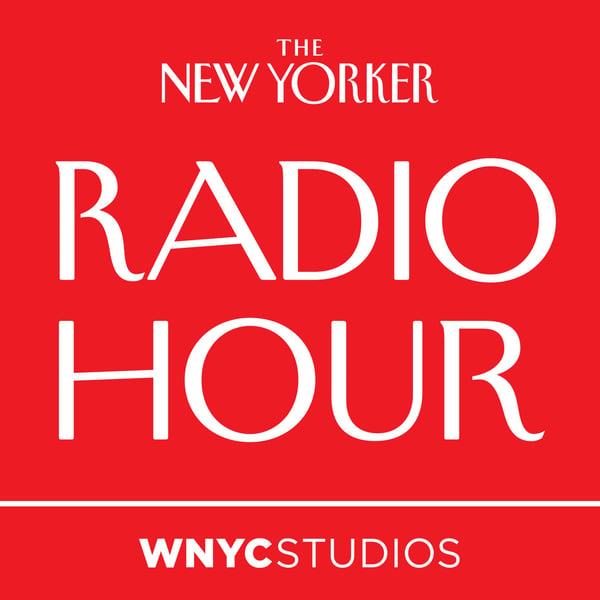What if the Supreme Court Ends Affirmative Action?
The New Yorker Radio Hour
WNYC Studios and The New Yorker
4.2 • 5.5K Ratings
🗓️ 17 March 2023
⏱️ 28 minutes
🧾️ Download transcript
Summary
In Students for Fair Admissions v. Harvard, the Supreme Court’s conservative majority appears likely to strike down affirmative action, in a decision expected by this summer. The practice of considering race as a tool to counteract discrimination has been in place at many colleges and universities, and in some workplaces, since the civil-rights era. But a long-running legal campaign has threatened the practice for decades. David Remnick talks with two academics who have had a front-row seat in this fight. Ruth Simmons tells him, “For me, it’s quite simply the question of what will become of us as a nation if we go into our separate enclaves without the opportunity to interact and to learn from each other.” Simmons was the Ivy League’s first Black president, and more recently led Prairie View A. & M., in Texas. Lee Bollinger, while leading the University of Michigan, was the defendant in Grutter v. Bollinger, a landmark case twenty years ago in which the Supreme Court upheld affirmative action. The Court’s current conservative majority is likely to overturn that precedent.
Remnick also speaks with Femi Ogundele, the dean of undergraduate admissions at the University of California,Berkeley. Consideration of race in admissions at California state schools has been banned for nearly thirty years. “A lot of us are being kind of tapped on the shoulder and asked, ‘How are you doing what you’re doing in this new reality?’ ” he says. “I want to be very clear: I do not think there is any race-neutral alternative to creating diversity on a college campus,” Ogundele tells Remnick. “However, I do think we can do better than what we’ve done.”
Transcript
Click on a timestamp to play from that location
| 0:00.0 | This is the New Yorker Radio Hour, a co-production of WNWC Studios and the New Yorker. |
| 0:10.7 | Welcome to the New Yorker Radio Hour, I'm David Remnick. |
| 0:13.8 | We'll hear argument next in case 2011-99, students for fair admissions versus the President |
| 0:19.4 | and Fellows of Harvard College. |
| 0:22.2 | Some time soon, in the next few months, the Supreme Court is expected to hand down a landmark |
| 0:27.8 | ruling on the future of affirmative action. |
| 0:31.2 | Boral arguments took place last October, and in one case, an advocacy group has sued |
| 0:36.8 | Harvard University saying that any consideration of race violates part of the 1964 Civil Rights |
| 0:43.8 | Act. |
| 0:44.8 | Here's the lead attorney for Harvard being questioned by Chief Justice Roberts. |
| 0:50.0 | There is no doubt that, as the testimony showed, that for applicants who are essentially |
| 0:58.2 | so strong on multiple dimensions that they are sort of on the bubble, that they might |
| 1:03.9 | they're a real candidate for admission, being African-American, or being Hispanic, or |
| 1:10.4 | in some instances being Asian-American, can provide one of many, many tips that will |
| 1:17.3 | put you in. |
| 1:18.3 | Yes, but you will have to concede that if it provides one of many, then in some cases, |
| 1:22.8 | it will be determined. |
| 1:23.8 | I do. |
| 1:24.8 | I do concede. |
| 1:25.8 | Okay, so we're talking about race as a determining factor in admission to Harvard. |
| 1:30.6 | Twenty years ago, the Supreme Court upheld affirmative action. |
| 1:34.2 | The decision was written by Sandra Day O'Connor, a Republican appointee. |
... |
Please login to see the full transcript.
Disclaimer: The podcast and artwork embedded on this page are from WNYC Studios and The New Yorker, and are the property of its owner and not affiliated with or endorsed by Tapesearch.
Generated transcripts are the property of WNYC Studios and The New Yorker and are distributed freely under the Fair Use doctrine. Transcripts generated by Tapesearch are not guaranteed to be accurate.
Copyright © Tapesearch 2025.

